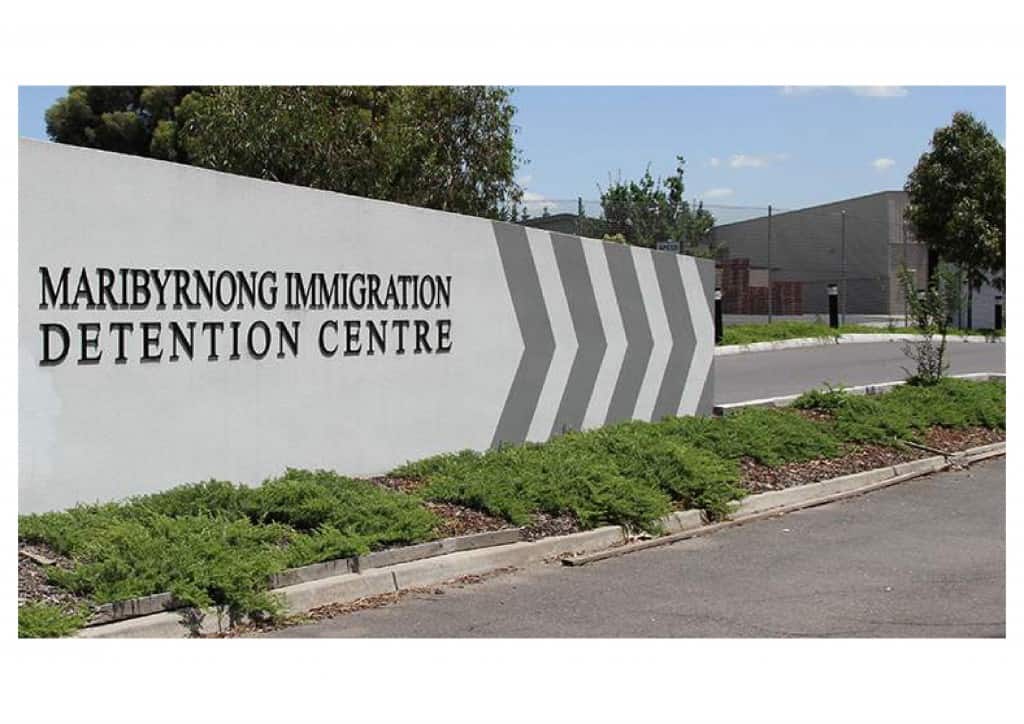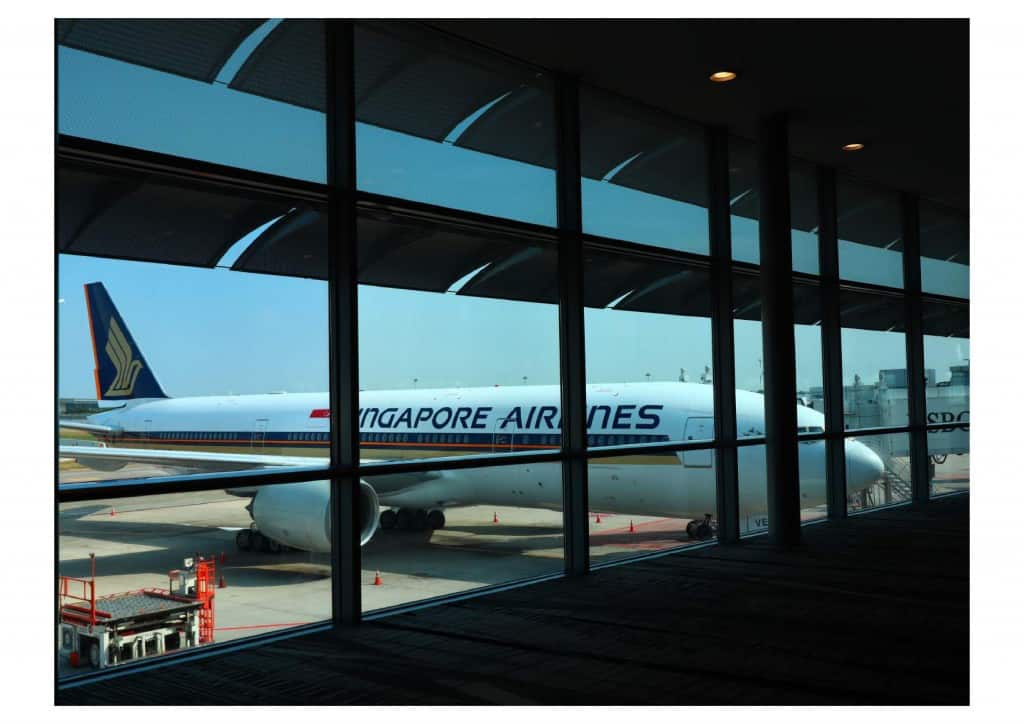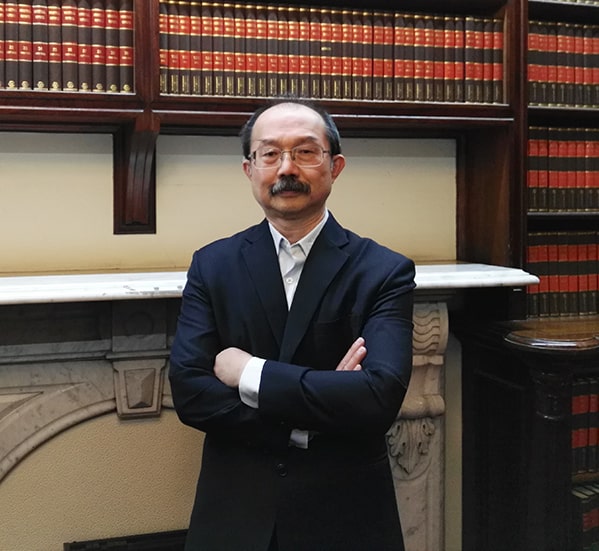
Unauthorised Maritime Arrival (UMA) refers to a person who attempts to enter Australia is taken to enter Australia migration zone by sea or boat. Migration zone include the area consisting of the States and Territories (including the internal and external territories) above the mean low water mark. It also includes prescribed territories (encompassing the Territory of Christmas Island. These areas are collectively taken to mean Australia migration zone.
All non Australian citizens are known as non-citizen within s. 5 of the Migration Act 1958. If they are in the migration zone without visa, they are taken to be unlawful non-citizens (including Unauthorised Maritime Arrival or UMA and those who arrived on a plane).

Anyone found in Australia without a valid visa can be detained
Unauthorised Maritime Arrival acquires 2 legal statuses for being an unlawful non-citizen and an unauthorised maritime arrival. Unlawful non-citizen must be held in immigration detention. Unauthorised maritime arrival is unable to apply for any kind of visa because s. 46A(1) of the Act deems any visa application made by an UMA not to be valid.
However, a person (including an Unauthorised Maritime Arrival (UMA)) who is unable or unwilling to apply for a visa may be issued with a Bridging Visa E. Since an UMA is unable to make a valid application because of s. 46A(1) the Minister has the discretion to issue him or her a Bridging Visa E without an application. If granted a Bridging Visa, the UMA will be deemed a lawful non-citizen and will be released from immigration detention. However, s/he remains an Unauthorised Maritime Arrival (UMA) because s/he entered Australia by sea at an excised offshore entry place. In addition, s. 46A(1) continued to prevent the Unauthorised Maritime Arrival (UMA) from applying for a visa but Minister has discretionary power under s 46A(2) to lift the bar imposed upon the UMA by s. 46A(1) to apply for either TPV (click here to learn more) or SHEV (click here to learn more).

Anyone without a visa can be deported
In the event an UMA’s Bridging Visa ceased, s/he becomes an unlawful non-citizen while in the migration zone. By s. 189(1), an officer who knows or reasonably suspects that a person in the migration zone is an unlawful non-citizen is required to detain him or her. By s. 196(1) an unlawful non-citizen who has been detained under s. 189 must be detained in an immigration detention. By s. 198(5) an unlawful non-citizen who has been detained and who has not made an application for a substantive visa in accordance with s. 195(1) must be deported from Australia as soon a reasonably practicable.

Boat arrival or UMA must be invited to apply for a visa
An UMA must be invited by the Minister (lifting s. 46A(2) bar) to apply for either a TPV or SHEV (by 1 Oct 2017 unless revoked). If the UMA failed to apply by the deadline, the Minister may exercise his power under s. 46A(2) if the UMA has plausible protection claims and there is objective evidence of compelling and compassionate reasons that were beyond control for missing the application deadline. The process involved in assessing whether to lift the bar requires the procedural fairness to be accorded to the Unauthorised Maritime Arrival (UMA) (CLM18 v Minister for Home Affairs [2019] FCAFC 170).
Australian migration law is complex and difficult to understand, contact our immigration lawyer for a consultation (fee applies) to discuss your immigration status or click here to find answers to your questions.

 041 222 4020 or WeChat: AUDvisa
041 222 4020 or WeChat: AUDvisa
This article is not intended to be or taken as migration legal advice. The author of this article disclaims any liability for any action or omission on the information provided or not provided in this article. You should always consult an immigration lawyer or a registered migration agent to form an informed opinion on your immigration matter.



